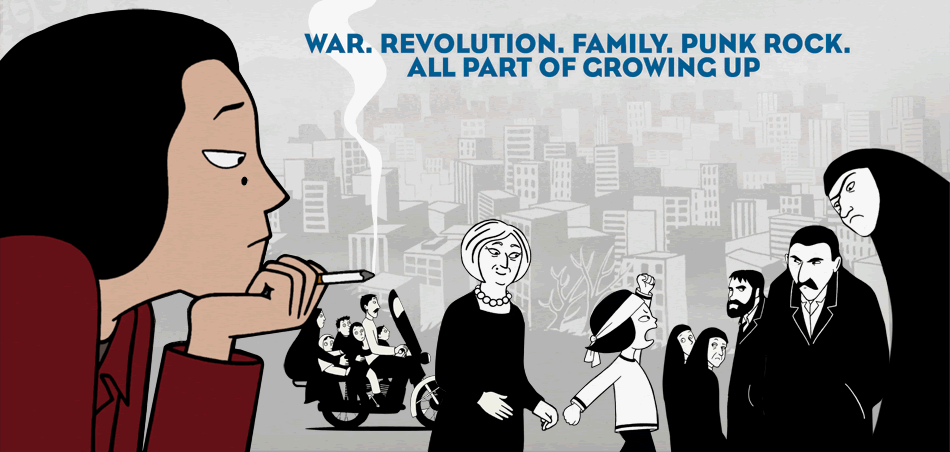The chapter, "The Thing Around Your Neck", is told as if its Akunna's self conscious or voice inside. The voice is reiterating her actions and thought process. The narrator states, "you said okay, no problem" in regards to the family's wishes. There is no use of the words I or she towards the Akunna. The narrator speaks in the past as if she is going over events in thinking of how she can learn or teach. I think the chapter as a second person narrative in regards to Akunna's immigration to America. It starts off with an expectation she had envisioned with Americans owing guns, homes and cars, but the tone reflects that wasn't the case looking back. Through out the chapter we are learning as she did. We are lead down Akunna's life path guided by her reflection. I find Adichie's way of writing this is effortless and moving for a reader.
We are given hope as did Akunna, but soon turned to a scene of her alone with something there wanting to end her. I think we can see ourselves in this form of writing. We are given hope with a new situation for example college, but as time progresses it's not sunshine because we get consumed by our new surroundings. Akunna is feeling trapped in a tiny, shabby, strange environment; her self conscious tells us this by stating, "something would wrap itself around you neck...nearly choked you". The voice is telling us what happened in Akunna's life at the time, but then continues on with the thing disappearing with time. We are told of love and a new job for her. This writing is a self reflection, but also a story for us. Possibly, the voice is telling us and Akunna of what happened because possibly, she may not remember.
Opening the book readers are wondering what is the thing around the neck. I came upon the Akunna's encounter with it and it's so simple to the chapter, but so interesting. I find the whole chapter's point of view fascinating. We are in Akunna's mind process of everything that happened. We see her thought of America soon change into something not so luxurious. We reflect on what she did. We are listening to Akunna's memory speak to us and her about her self survival.





